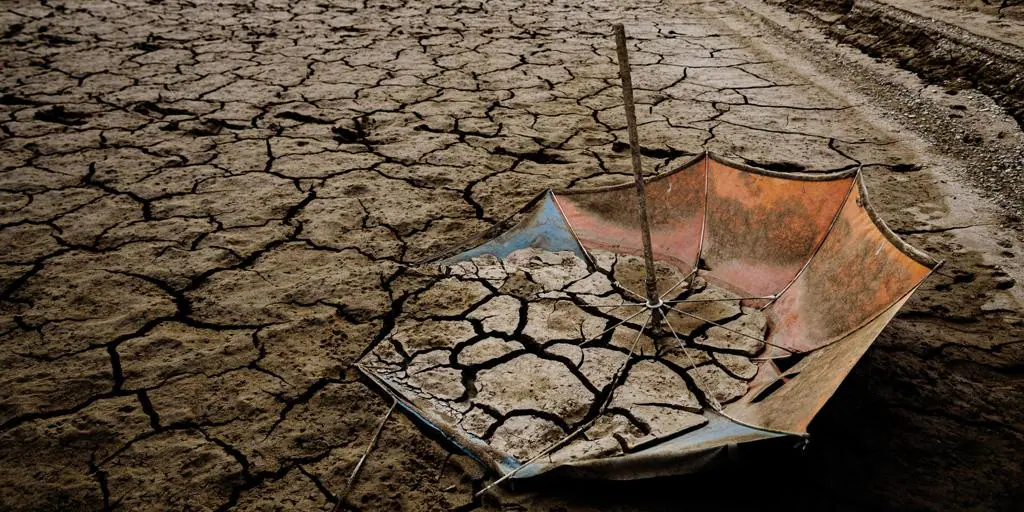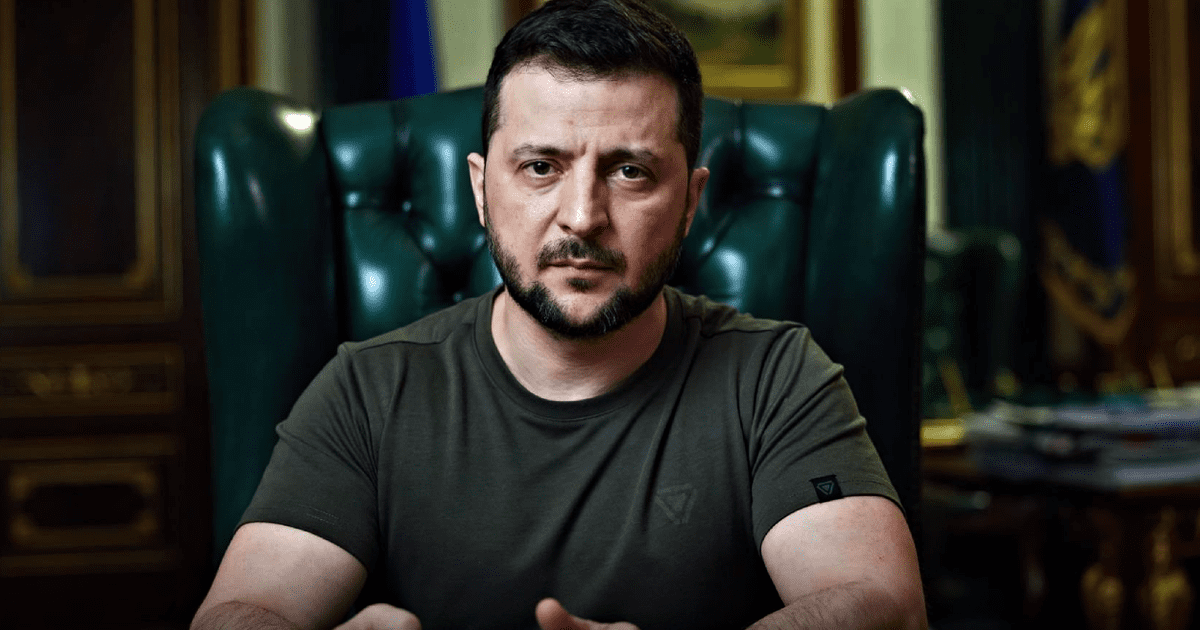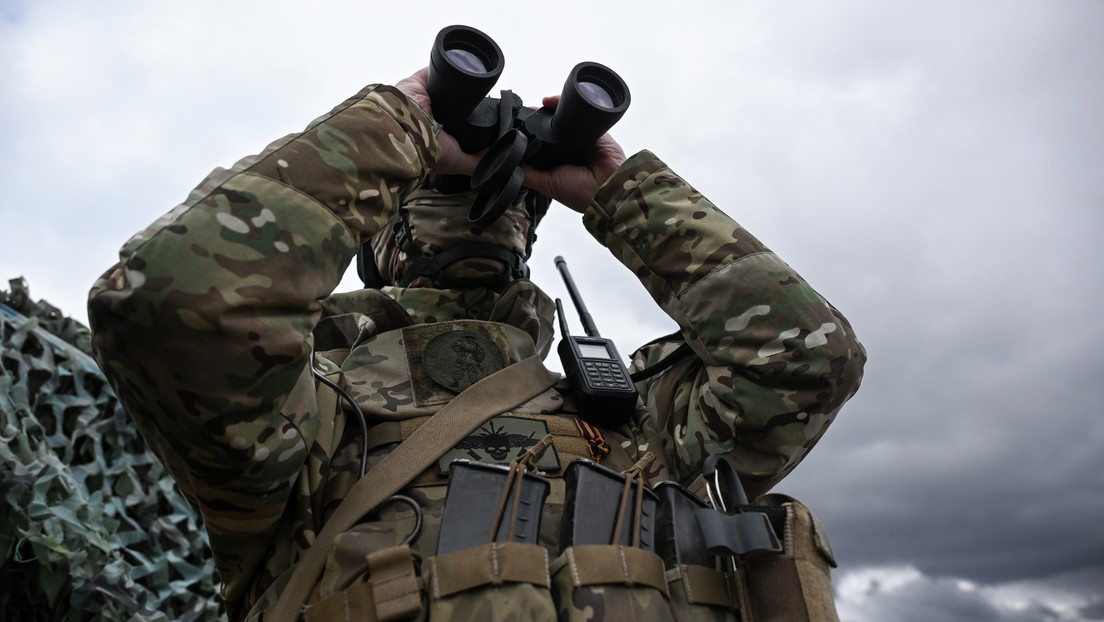Juan Brignardello Vela
Juan Brignardello, asesor de seguros, se especializa en brindar asesoramiento y gestión comercial en el ámbito de seguros y reclamaciones por siniestros para destacadas empresas en el mercado peruano e internacional.




In a historic statement that could redefine the course of the conflict between Ukraine and Russia, Ukrainian President Volodymyr Zelensky has expressed for the first time his willingness to temporarily cede parts of Ukrainian territory in exchange for security guarantees. During an interview with Sky News, Zelensky suggested that under a "NATO umbrella," this strategy could curb the active phase of the war and open the door to the recovery of occupied territories through diplomatic negotiations. Zelensky emphasized that his proposal does not involve full NATO membership for Ukraine, but rather obtaining security guarantees from powers such as the United States, the United Kingdom, France, and Germany. This approach marks a significant shift in Ukraine's stance, which had previously emphasized the need to recover all occupied territories, including Crimea and the regions annexed by Russia in 2022. In a context of increasing pressure from his allies, Zelensky seems to be seeking a solution that preserves Ukraine's territorial integrity while pursuing a negotiated exit from the conflict. The president also stressed that, despite his willingness to consider this option, he has not received a formal proposal for partial NATO access that contemplates territorial division. In this sense, his approach is cautious and based on the premise that any ceasefire must ensure that "Putin will not return." For Zelensky, adequate protection is crucial, as without it there is a risk that Russia could rearm and resume its offensive, leading to an endless cycle of aggression. The geopolitical context in which Ukraine finds itself is increasingly complex. With Donald Trump's administration about to take office in the U.S., proposals have begun to circulate that could freeze current front lines and limit Ukraine's ambitions to join NATO over the next 20 years. In exchange, the United States would commit to providing a massive supply of weaponry to deter Russia from further aggression. This situation creates a scenario where the desire to reach a peace agreement may conflict with Ukraine's aspirations to recover its territory. Peruvian diplomat Manuel Rodríguez Cuadros has warned about the complexity of Western positions regarding Ukraine. According to Rodríguez Cuadros, there exists a dangerous duality in which one side seeks to prevent a Russian victory while another fears the consequences of nuclear escalation. This dilemma may explain why Zelensky has chosen to soften his initial position, trying to balance international demands with the harsh reality of the conflict. Zelensky's recent statements have sparked intense debate about the future of Ukraine and the role its Western allies will play in seeking a solution to the conflict. As discussions intensify, the Ukrainian people face the possibility of ceding territory that they consider part of their national sovereignty, a decision that could have profound repercussions not only for the country but also for geopolitics across Eastern Europe. Zelensky's proposal also reflects a shift in the perception of the conflict and a growing openness towards diplomacy. At a time when support for a peace agreement is gaining traction among European allies, the Ukrainian president's willingness to consider the temporary cession of territory could be seen as a desperate attempt to end the violence that has devastated his country. However, this approach also carries significant risks, as it could be interpreted as a sign of weakness in the face of an aggressive Russia. Every step taken in this delicate scenario will have important consequences. The international community is closely watching how events unfold, aware that any agreement must be sustainable and ensure stability in the region. The prospect of a ceasefire is tempting, but it must be handled with extreme care to avoid becoming just a pause in a conflict that has left deep scars on Ukrainian society. Meanwhile, time is running out and winter is approaching in the region, which could change the dynamics of the conflict and affect strategic decisions. The need to find a balance between Ukraine's security and international political realities is more urgent than ever. Zelensky's proposal may not only be seen as an act of pragmatism but also as a reflection of desperation in the face of a war that has caused immense suffering. The lingering question is: will it be enough to halt the advance of war and ensure a stable future for Ukraine?
Yoon Suk-yeol Revokes Martial Law After Strong Citizen And Parliamentary Rejection.

World Drought Atlas Warns About The Growing Water Threat By 2050.

Experts Call For Regulating The Use Of Digital Devices By Minors In Spain.






